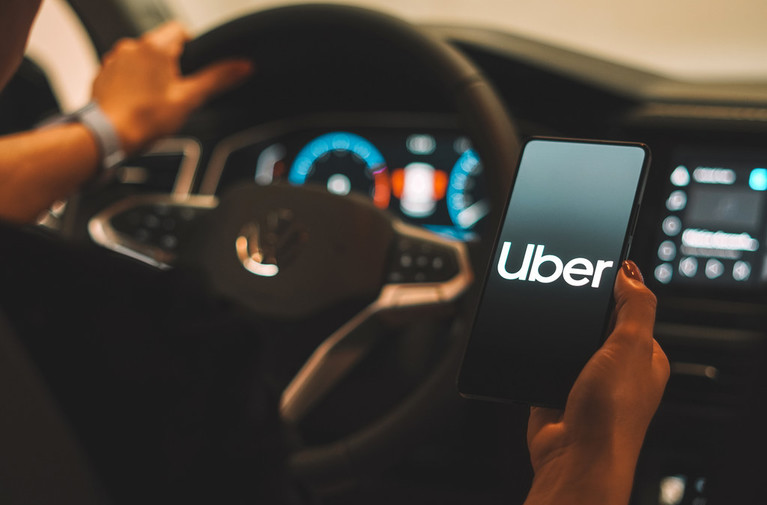What About Men? Uber’s Women Rider Preference Plan Draws Scrutiny Amid Safety and Discrimination Debates
In a move that’s sparking heated discussions across the U.S., Uber has rolled out its Women Rider Preference feature, allowing female users to opt for women drivers in a bid to boost female rider safety. But critics are crying foul, labeling it a gender preference feature that could fuel ride-sharing discrimination and undermine equality in the gig economy, with some even questioning if it paves the way for women-only rides that sideline men.
The pilot program, launched in July 2025, is currently testing in select cities like Detroit, Los Angeles, and San Francisco. Uber describes it as a tool to give women more choice and confidence during rides. Riders who identify as women can toggle the preference in the app for on-demand or reserved trips, while drivers can set a similar option to match primarily with female passengers. However, the company emphasizes that matches aren’t guaranteed, as they depend on driver availability, and users might face longer wait times or slight price differences.
Background on this stems from ongoing concerns about safety in ride-sharing. Uber has faced thousands of reports of sexual assaults and harassment over the years, with a 2019 safety report revealing over 3,000 such incidents in the U.S. alone. The feature builds on similar tools already available in 40 countries, including options tested in markets like Saudi Arabia. In the U.S., it’s positioned as a response to feedback from women who feel vulnerable during late-night or solo rides.
Legal experts have weighed in sharply. Hans A. von Spakovsky and Sarah Parshall Perry from The Heritage Foundation argue that the program violates civil rights laws, including California’s Unruh Civil Rights Act, which bans sex-based discrimination in public businesses. They compare it to past racial biases in taxi services, warning that it could lead to lawsuits under Title VII for employment discrimination against male drivers denied similar preferences. “This is blatant sex discrimination,” von Spakovsky stated, predicting hefty legal costs for Uber.
Public reactions are divided. On social media platforms like Reddit, some women drivers praise the feature for reducing uncomfortable encounters, with one user sharing, “First night using it, and I’m shocked at how much safer I feel.” Others, particularly men, see it as unfair. A post in a male advocacy subreddit called it “reverse discrimination,” arguing that if men could request male drivers, it might balance out but still raises equity issues. Media outlets like Fierce by mitú noted the backlash from men “proves exactly why women wanted it,” highlighting stories of harassment that justify the need.
For U.S. readers, this hits home in multiple ways. On the lifestyle front, it could transform how women navigate urban mobility, offering peace of mind in cities with high ride-sharing usage. Economically, it affects the gig workforce—Uber’s 1.5 million U.S. drivers might see shifts in earnings, as women drivers could prioritize safer, potentially higher-tip trips during peak hours. Politically, it fuels debates on gender equity versus anti-discrimination laws, especially in an election year where civil rights are hot-button topics. Technology-wise, it showcases how apps are evolving with AI-driven matching, but at the risk of alienating half the user base.
Uber maintains the feature enhances inclusivity without impacting men, who experience no changes to their app. Riders’ gender is auto-detected via first names, while drivers use government IDs, with easy updates available in settings. If a male guest joins a preferred ride, drivers can cancel without penalty.
As the pilot expands, questions linger about scalability and legal hurdles. Will it reduce assault reports, or invite class-action suits? Uber’s history includes a $4.4 million settlement for mishandling harassment claims, so scrutiny is intense. For now, it’s a bold step toward safer rides, but one that challenges traditional notions of fairness in the sharing economy.
Looking ahead, if successful, Uber plans wider U.S. rollout, potentially influencing competitors like Lyft. Yet, with civil rights groups watching closely, the feature’s future could hinge on court rulings, balancing safety innovations against equal access for all.
By Sam Michael
Follow and subscribe to us to increase push notifications.
uber women rider preference, female rider safety, gender preference feature, ride-sharing discrimination, women-only rides, uber safety update, gig economy discrimination, civil rights uber, uber pilot program, womens preferences uber
